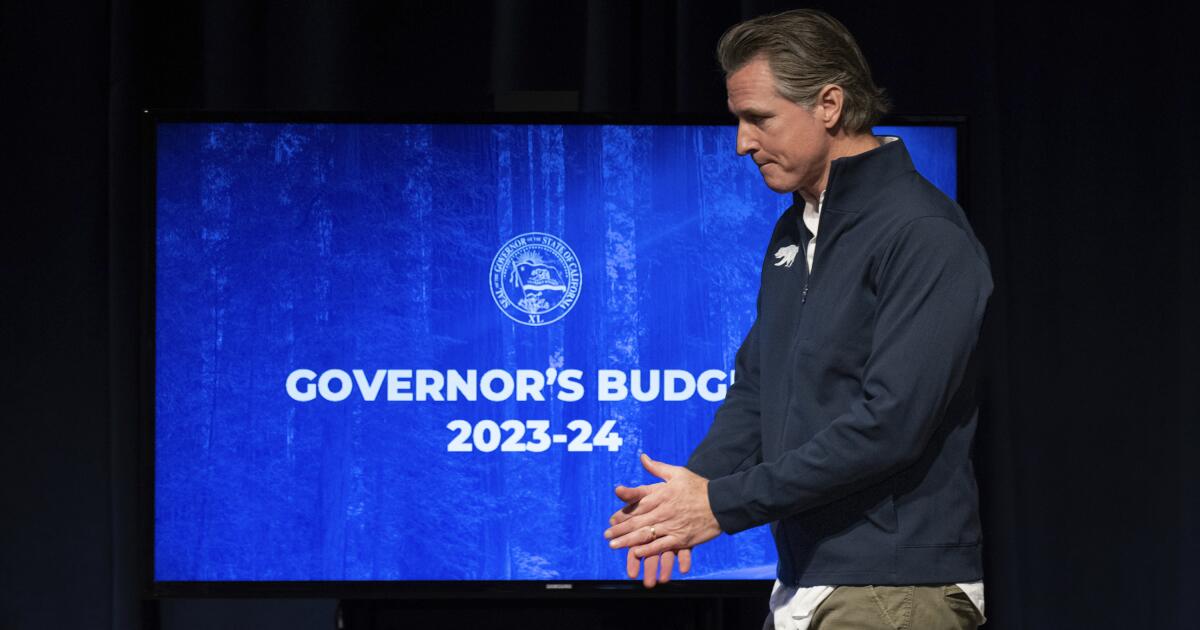
California, the most populous U.S. state, is grappling with a record $68 billion budget deficit, the largest in its history. The deficit is due to a combination of factors, including a slump in hiring and homebuying, rising prices, economic slowdown, and misjudged tax collections. Despite the deficit, California is still in a better position compared to previous economic downturns, thanks to several multibillion-dollar rainy-day funds. However, the state is also looking at a structural deficit of about $30 billion annually going forward.
The projected state revenues through the 2024-2025 fiscal year are $58 billion lower than assumed in the state budget passed by the Democratic-controlled legislature and signed by Gov. Gavin Newsom. The state relies heavily on its wealthiest residents to fund the government, but the economic downturn has hit California harder than other states, with rising unemployment and a decline in the tech sector.
In response to the deficit, Governor Newsom is seeking major changes to a healthcare wage law, which would raise the minimum wage for healthcare workers to $25 an hour. The law may be narrowed down to fewer workers or delayed in implementation. The deficit could also be reduced by recalculating the state's funding obligation to schools and community colleges based on lower revenues. However, the deficit could threaten some of Newsom's accomplishments and his national profile.
Despite the challenges, officials believe California is better prepared to respond to the situation than during the economic recession 15 years ago. The state has built several multibillion-dollar rainy-day funds, although it is also looking at a structural deficit of about $30 billion annually going forward.



